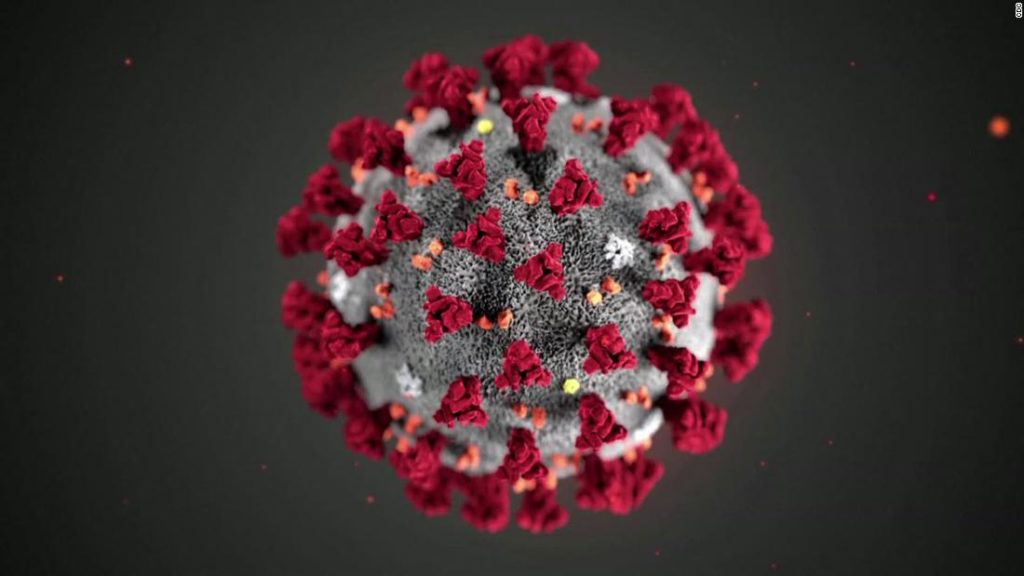The AstraZeneca vaccine is the third to be rolled out in the Western world, after the Pfizer/BioNTech and Moderna inoculations. Health officials are hoping the AstraZeneca vaccine could be a game changer, especially for developing countries, because it is much easier to transport than the Pfizer vaccine which requires ultra-low temperatures.
YOU ASKED. WE ANSWERED
Q: If someone already had Covid-19, should they still get the vaccine?
A: Yes. The immunity you get from contracting Covid-19 does last for a certain amount of time, but the nature of the vaccine should provide longer immunity, CNN Chief Medical Correspondent Dr. Sanjay Gupta said.
Both the Pfizer-BioNTech and the Moderna vaccines come in two doses: the first dose primes the immune system, and the second dose acts like a booster. That makes it a better option for obtaining immunity, Gupta said.
WHAT’S IMPORTANT TODAY
Europe has kept its schools open. Now closures loom
Millions of European children have suffered immensely during the pandemic, with months of confinement only giving way to some sense of normality when schools in most countries reopened in the summer and autumn.
In Germany, schools switched back to remote learning in mid-December as infection numbers soared, with a decision on the way forward due on Monday. And in Ireland and Spain, teachers’ unions and some local leaders are calling on federal governments to delay the return to school too.
US Surgeon General says Covid-19 projections are ‘scary’
Data on new strains’ response to vaccines expected this week
Scientists in the UK and elsewhere have taken blood from people who have been vaccinated and are testing it in the lab to see if the antibodies created by the vaccine protect against the new variant, said Maria Van Kerkhove, the WHO’s technical lead for coronavirus response. They’re also taking blood from people who have been infected with the new variant and testing it in the lab to see how well the vaccine works against it, she told CNN.
Scientists are also doing tests to assess the vaccine’s efficacy against a variant found in South Africa.
ON OUR RADAR
- Japan may enter a state of emergency this week as it grapples with soaring coronavirus cases, some of them linked to the more infectious UK variant.
- The Navajo Nation faces a battle to protect its elders and traditions as Covid-19 deaths spike.
- These former nurses were asked to leave retirement and return to the front lines.
- Pope Francis has condemned people who vacationed abroad to escape lockdowns, adding that holidaymakers were not considering the effect of their actions on others.
- Legendary talk show host and longtime CNN interviewer Larry King, 87, has been hospitalized with Covid-19, according to a source close to the family.
- New Year’s Eve parties involving hundreds in New York were busted for violating Covid-19 rules.
- A vaccine appointment at a South Dakota hospital turned into a marriage proposal for one healthcare couple.
TOP TIP
- Wash your hands often.
- Avoid touching your face, something people do between nine and 23 times an hour.
- Stay hydrated; eight glasses a day of water is a good goal, but that could be more or less depending on lifestyle and the size of the person.
- Eat a well-balanced diet. Dark green, leafy vegetables are rich in immune system-supporting vitamins; eggs, fortified milk, salmon and tuna have vitamin D.
- Stay physically active, even during the winter.
- Clean the hard, high-touch surfaces in your home often.
- If your nose or throat gets dry in the winter, consider using a humidifier.
- Get the flu vaccine.
- And one more important thing this year: When it’s your turn, make sure you get the Covid-19 vaccine.
TODAY’S PODCAST
“The in-silico methodology is actually a really widely used methodology, obviously, because it can hasten up the drug discovery process and lower the cost of drug discovery.” — Anika Chebrolu, 2020 winner of the 3M Young Scientist Challenge
You may also like
-
UK coronavirus variant has been reported in 86 countries, WHO says
-
NASA technology can help save whale sharks says Australian marine biologist and ECOCEAN founder, Brad Norman
-
California Twentynine Palms: Explosives are missing from the nation’s largest Marine Corps base and an investigation is underway
-
Trump unhappy with his impeachment attorney’s performance, sources say
-
Lunar New Year 2021: Ushering in the Year of the Ox

